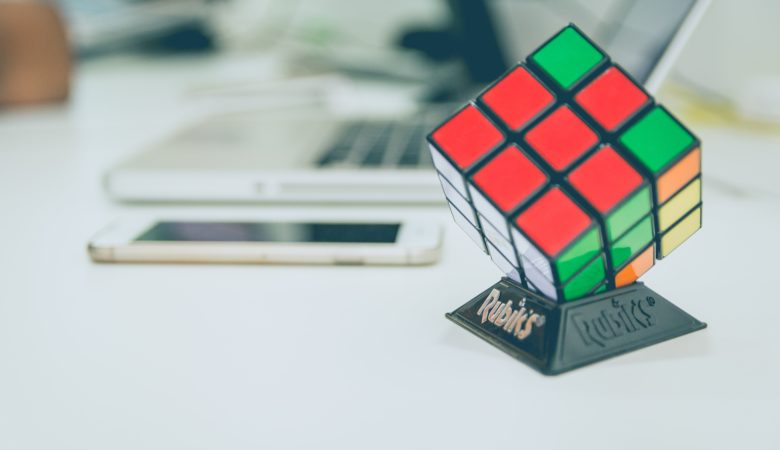Brain Teasers Really Do Improve Cognitive Ability, Attention, Memory and More!

You’ve probably been doing brain teasers for most of your life. These thinking puzzles help your brain stay sharp by forcing you to think creatively rather than strictly logically. Whether you’re answering riddles from the back cover of comic books or systematically work your way through a book of brain teasers, they’re a fun way to improve your cognitive ability, attention, memory and other mental skills.
As we age, our brain function naturally declines. You might struggle to remember the names of people you just met, or you may be experiencing more serious forms of cognitive decline, but that doesn’t have to be a permanent condition. Think of brain teasers as a form of mental exercise—the more you work through them, the easier they’ll get. They’re usually short verbal riddles, as opposed to logic puzzles like Sudoku, which are also good for keeping your skills sharp. Logic puzzles require you to think vertically, while brain teasers force you to try creative problem solving approaches.
Here’s how brain teasers help improve your mental function, and where to find some to get you started.
What is cognition?
“Cognition” refers to the “mental action or process of acquiring knowledge and understanding through thought, experience, and the senses.” In other words, cognition is the way your brain sorts through your experiences and thoughts to form a view of the world. Cognition isn’t the knowledge that you retain, rather the processes that you go through to learn and understand more about the world. This starts when you’re an infant and continues throughout your life.
“Cognitive reserve” is the term for your brain’s mental savings account, which can store processes when you need to think quickly. You can build up your brain’s cognitive reserve in two ways: first, getting regular exercise, which is directly linked to brain health, and second, regularly working on brain teasers that force you to think outside the box.
Use it or lose it
The brain is neuroplastic, meaning that you can mold your brain’s wiring over time. Every experience you have goes toward molding your brain, whether that’s witnessing something traumatic or using brain teasers to stretch its limits. Even if you don’t solve a riddle, the more that you try to solve, the better your brain will become at finding patterns and new ways of thinking.
According to Harvard Health Publishing, “The more convincing evidence is that brain games may help sharpen certain thinking skills that tend to wane with age, such as processing speed, planning skills, reaction time, decision making, and short-term memory, according to a study in the November 2016 International Psychogeriatrics.” Men, especially, tend to lose their cognitive function after they’ve left the workforce.
Don’t expect that simply answering riddles is the key to preventing dementia or other neurodegenerative diseases—it’s a little more complicated than that. On the other hand, research has shown that making your brain work through brain teasers and logic puzzles is a good way to keep up your mental fitness. Try to adopt a “use it or lose it” approach no matter how old you are—when you stop using your cognitive skills, they decline, just like your muscles do when you trade yoga for a Gilmore Girls marathon.
Furthermore, if you favor one particular kind of brain teaser because you’re good at it, bear in mind that like physical exercise, mental exercise requires you to challenge yourself. Plan to find new ways to strain your brain for the best results possible.
Need an example? The Guardian describes one patient’s experience with using brain teasers to help with cognitive function. The patient, a 79-year-old woman who feared she may be developing Alzheimer’s due to her struggle to retain and recall information. With a combination of daily exercise, diet, relaxation techniques and brain teasers, she noticed a marked difference in her memory as well as her ability to learn and retain new mental skills. This is a common experience for adults who undertake similar quests, but you don’t have to be part of a longevity study to see results. All you need to do is get into the habit of mental exercise, which is often as challenging as trying to stick to a physical exercise routine.
Resources
Need some resources to get started? In addition to brain teaser books available at your bookstore and library, here are some websites to help you get into the habit.
- Brain teasers for each cognitive function
- 101 brain teasers from Parade Magazine
- Brain teasers for teens and adults
Just a few puzzles per day can help you keep your brain sharp—and remember, you’ll get better over time.

